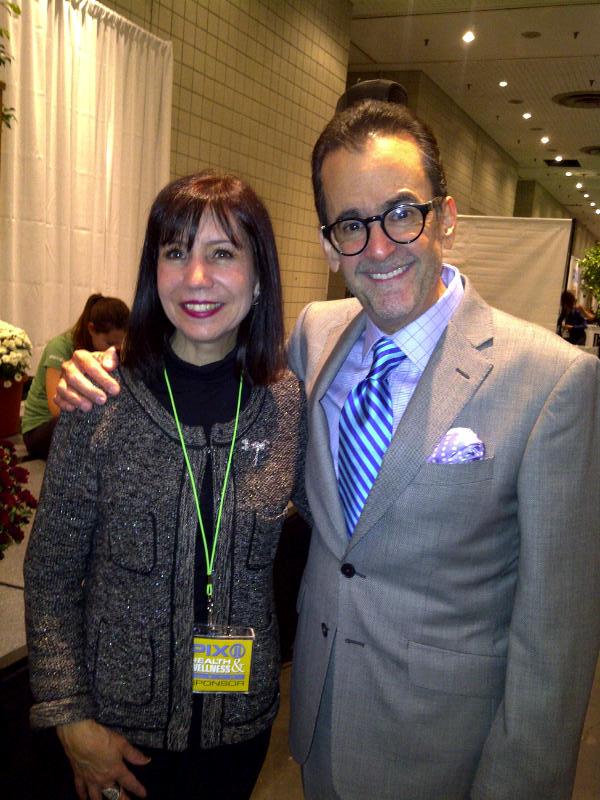I watched this video over the weekend, and while I agree that the prank was well-executed*, I couldn't help thinking about reality. The reality is that public speakers run into technology snags all the time. The possibility of a tech glitch is one of many reasons people fear speaking in front of an audience. What would you do if this happened to you?
It is so important to be prepared for the worst when you go in front of an audience. What if your PowerPoint deck doesn't load? What if your clicker runs out of batteries? What if your microphone doesn't work? There are so many examples of speaking disasters. Your best bet is to have a recovery strategy:
Some speaking glitches are avoidable, and you can download our free presentation checklist to help prevent them. But there are many problems that you can't control. For those, you have to be prepared.
Prepare your speaking recovery strategy before your big day. This will increase your odds of a graceful recovery in the face of disaster. Knowing that you are prepared for any eventuality will also boost your confidence when you step onto the stage. Now go out and give a Knockout Presentation!
*The speaker in this video is a comedian and was in on the prank.

 On Monday, I decided to try a test. I declared my intention that I was going to book business on that day. I didn't know how. I didn't know where it would come from. I didn't start calling a list of numbers. By late afternoon, I went to my inbox and there was an email. It said, "Could you send us dates when you are available?"
On Monday, I decided to try a test. I declared my intention that I was going to book business on that day. I didn't know how. I didn't know where it would come from. I didn't start calling a list of numbers. By late afternoon, I went to my inbox and there was an email. It said, "Could you send us dates when you are available?"
 On Saturday, October 19, I spoke at the WPIX, Channel 11
On Saturday, October 19, I spoke at the WPIX, Channel 11 

 Some call it flop sweat. Others call it
Some call it flop sweat. Others call it 
 "Ask any businessman or woman and they will tell you the same thing – confidence is a vital ingredient in the recipe for success. In other words, if you want to be really good at anything - no matter what walk of life you are involved in - you need to have belief in yourself and your abilities."
"Ask any businessman or woman and they will tell you the same thing – confidence is a vital ingredient in the recipe for success. In other words, if you want to be really good at anything - no matter what walk of life you are involved in - you need to have belief in yourself and your abilities."

